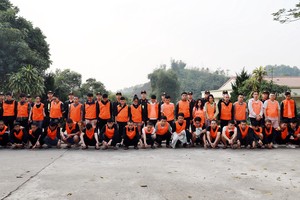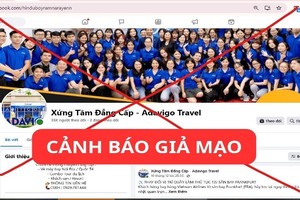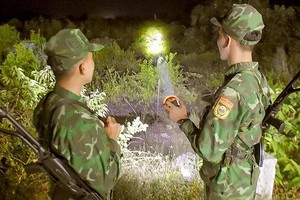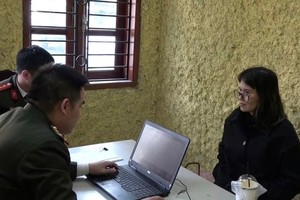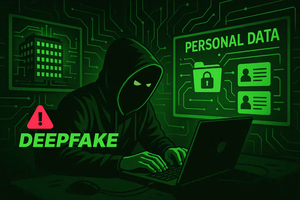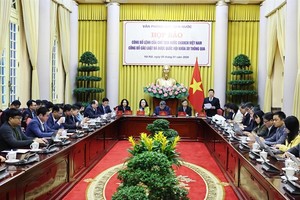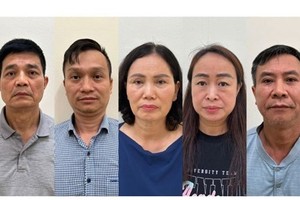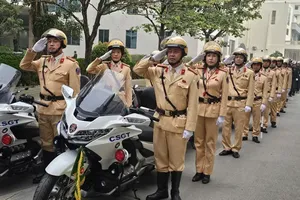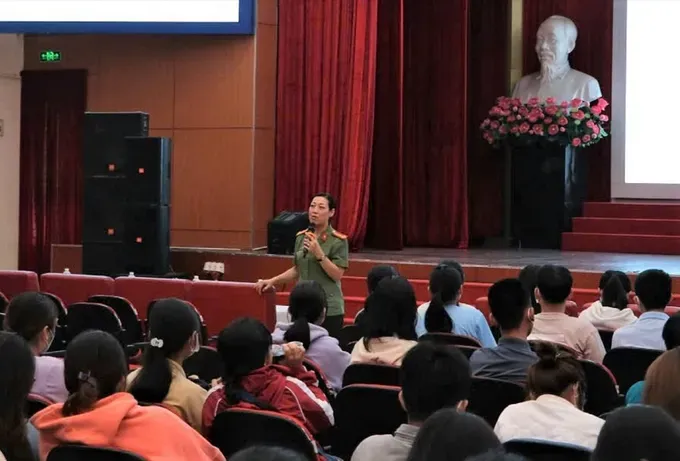
In a letter to police and Pham Ngoc Thach University of Medicine, the father of a medical student, M.T., detailed a devastating scam. “In the afternoon of Friday, May 23, M.T. called home, excitedly explaining that the university had selected him for a student exchange program in the Federal Republic of Germany”, the letter stated. “The scammers, posing as the university, asked that money be deposited into M.T’'s account to generate a bank statement for the application. Between May 26 and 28, our family transferred a total of VND7 billion (approximately US$275,000). When we grew suspicious and had a contact check the account, the balance was zero.”
Pham Ngoc Thach University of Medicine confirmed they are not running any such exchange programs at this time, and that their only partnership with Johannes Gutenberg Mainz University is limited to students in the specialized Vietnamese-German Faculty of Medicine.
This is not an isolated incident. The University of Social Sciences and Humanities (VNU-HCMC) reported that its Student Affairs Office has received numerous reports from students tricked into transferring money, either by threats of being implicated in a crime or by fake study abroad offers. The university has been guiding affected students to report these cases to the police.
“At the end of January 2025, I received a call from someone claiming to be a police officer”, shared N.T.M.T., a student from this university. “He told me I was a suspect in a money laundering case and that I would be expelled and possibly jailed. He then demanded money to avoid prosecution. I was so scared and panicked that I transferred nearly VND50 million (nearly $2,000).”
Since the beginning of the year, universities across HCMC, including FPT University, HCMC University of Medicine and Pharmacy, and HCMC University of Technology (VNU-HCMC), have noted a surge in fraudulent communications sent to students, from fake scholarship letters to program invitations, all demanding some form of financial verification.
In response, the Ministry of Education and Training (MoET) has directed all educational institutions to ramp up communication campaigns, warning students about these scams and advising them to verify all scholarship and study abroad opportunities through official sources only.
The MoET affirmed that all state-funded scholarship programs are announced exclusively on its official portal (https://moet.gov.vn) and that of its International Cooperation Department (https://icd.edu.vn).
The International Cooperation Department under the MoET has also circulated a formal warning about scammers who use sophisticated methods, such as creating fake websites and social media accounts that impersonate educational organizations or government agencies. These fraudulent platforms are used to harvest personal data and solicit “application fees” before stealing money from corresponding bank accounts, with some victims having lost hundreds of millions of VND.
HCMC University of Technology (VNU-HCMC) stressed the importance of verification. “Our university’s scholarship application and approval processes are strictly managed through official email and information channels”, its representative stated. “When students receive suspicious messages, they must remain calm and cross-reference the information with the university’s official sources or report it directly to the police.”
Dr. Tran Thanh Thuong of HCMC University of Technology and Education listed several common scams students should be wary of:
- “Easy work, high pay” schemes: Offering simple online tasks like data entry or sales collaboration.
- Impersonation: Posing as acquaintances on social media to ask for money.
- Investment Scams: Luring students into fraudulent financial or cryptocurrency investments.
- Authority Impersonation: Scammers posing as police, prosecutors, or bank officials, using fake summons to intimidate students about their “involvement in a criminal case” and demanding money or personal data for “verification”.
- Fake Offers: Unsolicited scholarships or 0-percent interest tuition loans that require upfront fees.
Director of Communications and Admissions Pham Thai Son from HCMC University of Industry and Trade stressed that students must remember basic logic: if you did not apply for a scholarship, you can never win one. “Easy work, high pay” is almost always a lie.
More importantly, students must learn to spot red flags in fake documents, such as a letterhead from MoET being signed by a university president, or an official seal from the wrong institution. Meanwhile, universities publicize all official programs on their websites and through department channels, not via unsolicited individual messages.
Deputy Director of Admissions and Business Relationship Nguyen Thi Kim Phung from HCMC University of Finance – Marketing advised that student should never provide personal information to strangers. Neither should they accept friend requests from or chat with unfamiliar accounts, especially those with unusually attractive profile pictures.
Students are advised against clicking suspicious links or open attachments from unknown senders. No legitimate government or financial institution will ever conduct an investigation or demand payment over the phone. Therefore, they should never make advance payments or deposits to strangers.
Head Dang Kien Cuong of Student Affairs Department from Nong Lam University HCMC said that online scams are becoming more sophisticated every day. To avoid falling into these traps, students must be critical thinkers, always verify the source of information, and be skeptical of opportunities that seem too good to be true.
Universities should also host regular workshops on online safety. Most importantly, when students identify a scam, they should share it widely to help protect the entire community.

